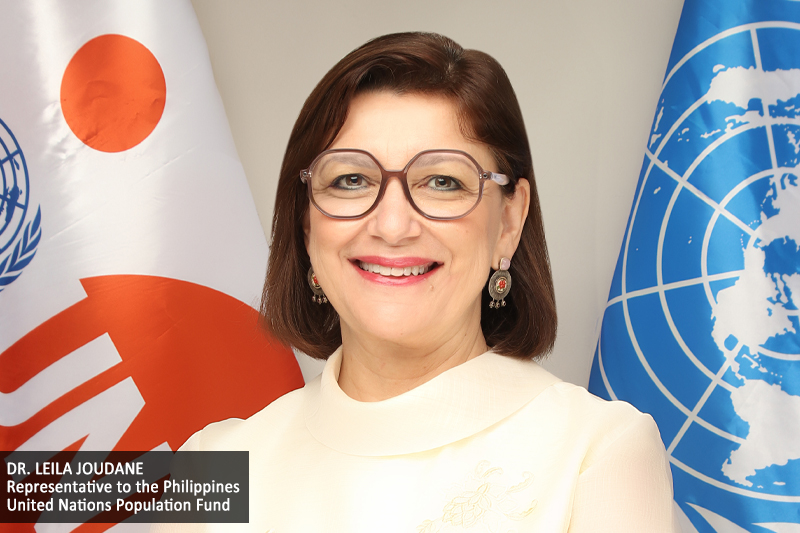THE agriculture sector is seen as the “biggest loser” under what is being dubbed Globalization 4.0, according to the Philippine Institute for Development Studies (PIDS).
In a recent briefing at the launch of the Development Policy Research Month (DPRM), PIDS Senior Research Fellow Roehlano Briones said this is because the industry continued to enjoy “high tariff walls.”
Globalization 4.0, Briones said, served as a “rude awakening” to everyone given the proliferation of technological and digital innovations that are fraught with volatility, uncertainty, complexity and ambiguity.
‘Hard hit’
“Agriculture will be hard-hit. Right now they are protected by very high tariff walls; even rice, which has recently been liberalized, is still being protected by a 35-percent tariff wall,” Briones said.
The lack of openness in agriculture, he added, may prevent the sector from conquering challenges posed by Globalization 4.0, such as trade wars, cross-border diseases, and high inequality, among others.
This despite the observation made by certain sectors that the recent plunge in rice prices and concerns raised by farmers may buttress the belief that the Rice Trade Liberalization (RTL), which became effective in March, could prove to be a mistake.
Let the dust settle
Briones, however, believes it is “too early to tell” whether the RTL is a failure. He added that the RTL has only been in effect for a few months and a lot of adjustments are going on.
“We’re just a few months off the implementation of the liberalization act, so a lot of the dust is still settling, but while that dust is settling, we’re drawing conclusions…I think [such a conclusion could be] premature,” Briones stressed.
He said opening up agriculture sectors such as sugar can help make food manufacturers become more competitive compared to those based in Thailand and Vietnam.
Sweet remedy
Briones said food manufacturers are paying as much as 100 percent more than their counterparts in Thailand and Vietnam when it comes to their sugar requirements.
Earlier, Neda Undersecretary for Policy and Planning Rosemarie G. Edillon said she could not yet say whether the changes to be introduced through a draft bill to liberalize the sugar sector will be similar to what government did in rice.
Unlike the rice sector, very little study has been done in liberalizing the sugar industry, Edillon said. This is the reason the government is prioritizing research before drafting a bill.
“I think giving access to users to the most cost-effective sources… [is] really important for economic efficiency, at the same time, based on the method followed by the agri tariffication act and the latest rice liberalization act. You also [have to install] program safety nets for the adversely affected sectors. Certainly this cannot be ignored,” Briones said.
“We anticipate already that they [farmers] will be on the receiving end of more cost-effective imports. So let’s help them match the cost of production, remain competitive or even explore livelihood opportunities where they can better grow their profits,” he added.
Consolation
In terms of the winners of Globalization 4.0, Marie Sherylyn Aquia, the Department of Trade and Industry (DTI) Multilateral Relations Division’s chief, said this would have to be services.
Aquia said the Philippines is “very competitive” when it comes to services given the high level of education of Filipino workers and their English language proficiency.
Further, she said, the country remains in a demographic sweet spot owing to its young workforce.
Aquia said the DTI is responding to this through the QBO Innovation Hub which is a private partnership initiative of start-ups set up by the DTI, Department of Science and Technology, IdeaSpace and JPMorgan.
The hub offers classes and workshops as well as legal and corporate consultations to help start-ups and innovators grow their businesses.
“This is really an area where we can really excel in, trade in services,” Aquia said.
The theme of the 19th DPRM is “Navigating the New Globalization: Local Actions for Global Challenges” or in Filipino, “Paglalayag sa Bagong Globalisasyon: Lokal na Pagkilos sa mga Pandaigdigang Hamon.”
A series of activities is also slated for September to promote the DPRM, including the Mindanao Policy Research Forum and a press conference on September 10 in General Santos City in partnership with the Mindanao Development Authority and Mindanao State University, and the Fifth Annual Public Policy Conference (APPC) on September 19 at the Sofitel Philippine Plaza Manila, which is the culminating activity of the DPRM.
“Through this theme, we hope to promote awareness of the changing face of globalization. We intend to enlighten our stakeholders on the various challenges that come along with this new globalization, notably the issues of rising protectionism, worsening inequality trends, worldwide economic restructuring, widening polarization, and proliferation of disinformation,” PIDS President Celia Reyes said.
“We hope to encourage everyone to be proactive both in dealing with these challenges and in harnessing the opportunities of the new globalization through local actions that are guided by a shared vision of prosperity and inclusivity, unity, wider and deeper participation of all sectors of society, and adaptive, evidence-based policymaking,” she added.
This year’s DPRM celebration, spearheaded by PIDS, is supported by the Civil Service Commission, Bangko Sentral ng Pilipinas, National Economic and Development Authority, Philippine Information Agency, Presidential Management Staff, Department of the Interior and Local Government, Department of Health, Department of Trade and Industry-BITR, Asian Development Bank, Australian Government’s Department of Foreign Affairs and Trade, Philippine Competition Commission, Department of Foreign Affairs Office of the Undersecretary for International Economic Relations, Department of Labor and Employment, Department of Budget and Management, Climate Change Commission, Senate Economic and Planning Office, and House of Representatives Congressional Policy and Budget Research Department.

